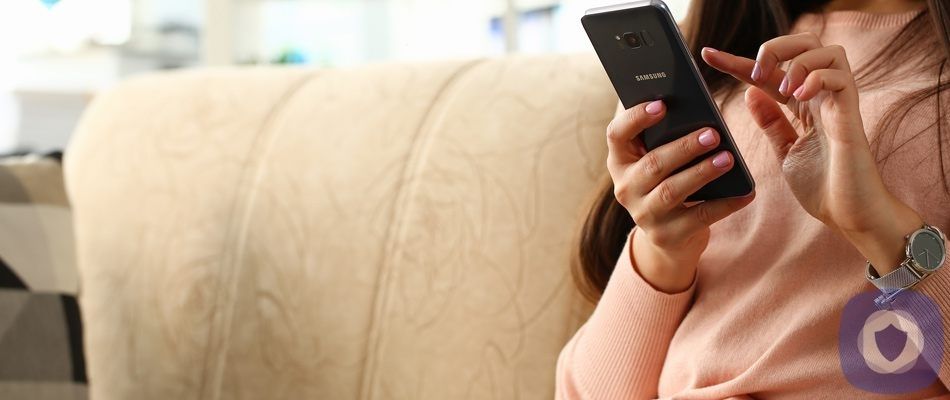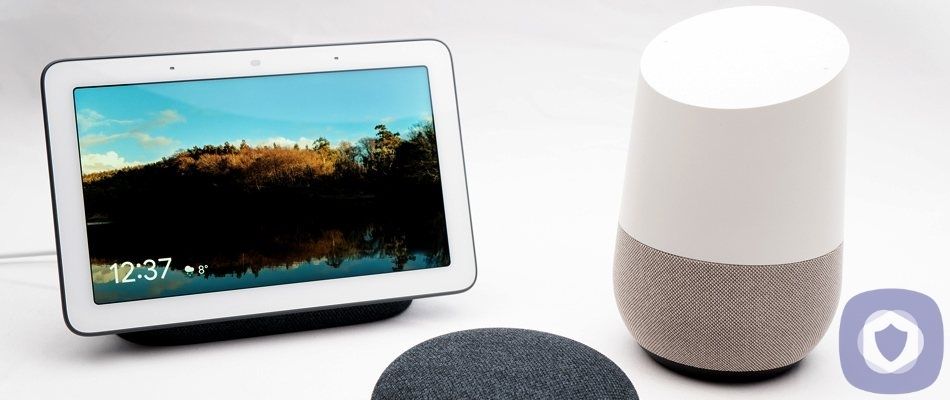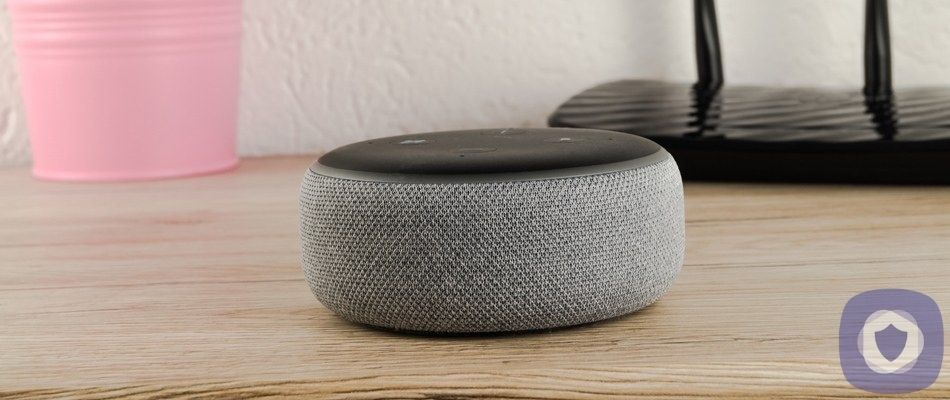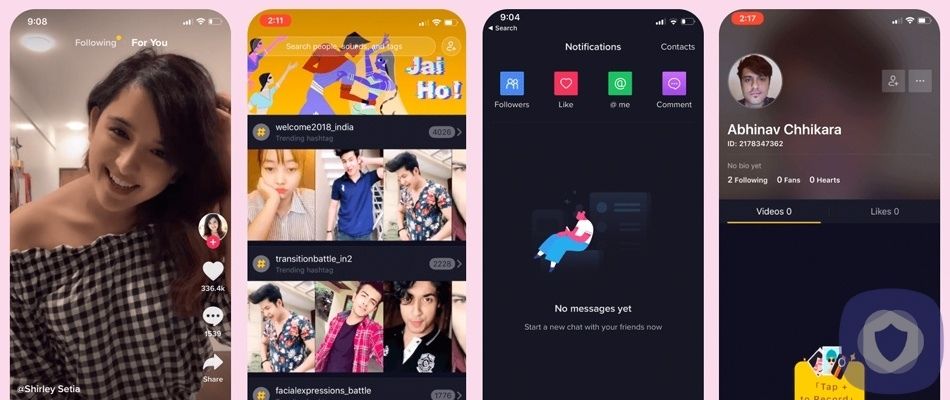Cellphones have become a necessary part of modern life for children and adults alike. If it seems like children are getting ahold of cellphones younger each year, you’d be right. According to a study by Common Sense media, around 1 in 5 have a cellphone by the time they’re eight years old, though the average age seems to be between ten and thirteen, varying with the source.
Making the decision
Getting a phone for your child is a big decision and there probably isn’t a universal ”perfect” age. Your decision should be based on the individual child’s maturity level; not every twelve-year-old should have a phone, and not every ten-year-old shouldn’t. Here are some things you should consider when you’re weighing up your decision.
Is it necessary?
Though the discussion may arise because your child wants their first cellphone, perhaps because of peer pressure, since ”all of their friends” have one, there are some valid reasons that your child may need a phone, too.
It’s even more plausible if any of the following apply.
- Your child takes the bus or other public transport to school
- Your child has started high school
- Your child attends several school activities/extracurricular activities (mainly if they run late)
- Your child walks to/from school without an adult present
- You share custody with the other parent
In these scenarios, a mobile phone makes it easier to keep in touch and potentially call for help in an emergency. Safety reasons are no minor consideration.
Behavior
Young children, in particular, may not have the required maturity level to look after a phone. If your child damages or loses their belongings regularly or doesn’t look after them, then you should consider delaying further.
If you have other technology in the house, such as a PC or other devices for internet access like iPads, how do they react? You should consider the following:
- Do they understand the value/expense of technology?
- Do they abide by screen time limits?
- Do you have an open dialogue with them about internet safety?
- If they use online games or social media, do they know how to report inappropriate content and stay safe online?
If, for example, telling your child that their ”hour of screen time” has finished results in a tantrum or they struggle to keep track of their belongings in general, you should consider that your child isn’t mature enough for their own phone yet.
Ground rules
Somewhat related to behavior, before you give your child their first phone, you should prioritize setting ground rules for cell phone use.
Here are some things you should consider:
- How much screen time are they allowed per day?
- Phone usage at home – do they only have the phone at school or outside of the house, or are they permitted to use it at home too?
- Time limits – If you do permit the phone to be used at home, at what time (if any) does your child have to turn in their phone for the night? Many parents choose a time between 5 pm and 9 pm for the phone to be kept downstairs until the next morning
- Are there areas you don’t want the phone used at all? A common rule is that your child’s phone cannot be used at the dinner table
You should cover these ground rules in several discussions and thoroughly explain why each rule applies. Some parents make the mistake of thinking that their child can grasp the minute details of smartphone use and the risks and pitfalls in one single conversation. Unfortunately, this is seldom the case. So it would be best if you made it a priority to have several discussions and regularly monitor their use over the first few weeks of their first phone.
Parental controls
Once you’ve decided that your child is ready for their first smartphone, you should consider how best to keep them safe. Having a phone does offer some benefits in terms of social skills, keeping in touch with friends, and using an array of entertaining apps and games. However, mental health is essential, and cyberbullying is a risk for adolescents.
There are several things you can do to keep your child safe.
Restrict app downloads
It’s one thing to decide that they’re ready for a smartphone; it’s quite another to decide they’re ready for other social media. For example, Snapchat. There can be an awkward gap where your child may be ready for their first mobile phone for phone calls and text messages but isn’t ready to be let loose on social media yet. This most often applies to younger kids and tweens. It would be best if you considered restricting app downloads so that they cannot download apps they’re not necessarily ready for without your consent.
For iPhones:
- Open settings and select ‘Screen Time’
- Tap ‘Content & Privacy Restrictions.’ Enter your passcode when prompted
- Open ‘iTunes & App Store Purchases’
- Choose a setting and set it to ‘Don’t Allow’
For Android devices:
- Go to the Google Play Store
- Click the three horizontal bars in the upper left corner
- Open ‘Settings’
- Tap ‘Require Authentication for Purchases’ and select the ‘All Purchases’ option
- You may be asked for your Google password; you’re good to go once this is done
Filter adult web content
You can specifically filter adult content on the web to prevent your child from accessing anything they’re not old enough to view. You may also add specified websites to an ‘approved’ or ‘blocked’ list. On Apple devices, you can limit access to only approved websites.
To filter web content on an iPhone:
- Select ‘Screen Time’ from the ‘Settings’ page
- Open ‘Content & Privacy Restrictions’ and enter your Screen Time passcode.
- Tap ‘Content Restrictions’, then select ‘Web Content’
- Choose ‘Unrestricted Access’, ‘Limit Adult Websites’, or ‘Allowed Websites Only’
- Add additional information if required (e.g., websites you want to restrict)
To filter web content on an Android:
- Open Google Chrome and go to Google.com/preferences
- You’ll land on the ‘Search Settings’ screen. Select ‘Filter Explicit Results’ under ‘SafeSearch Filters’
- Click ‘Done’
SafeSearch isn’t necessarily 100% accurate, and you may want to investigate additional parental control apps for greater peace of mind. Still, it is a way to ensure your child can’t view explicit content in the Google search.
Check out the rest of our parental control guides.
Summing up
It’s difficult to say what precisely the right age is. Giving mobile devices at a very young age (two-seven age group) may have some detrimental effects, but the line is much murkier for older children, and there is no exact perfect age. You should more carefully consider your child’s maturity level, how well they look after their belongings, respond to instructions and behave with due diligence.
This article has been reviewed and approved by Officer Banta.

Officer Banta is the official SecurityNerd home security and safety expert. A member of the Biloxi Police Department for over 24 years, Officer Banta reviews all articles before lending his stamp of approval. Click here for more information on Officer Banta and the rest of our team.













